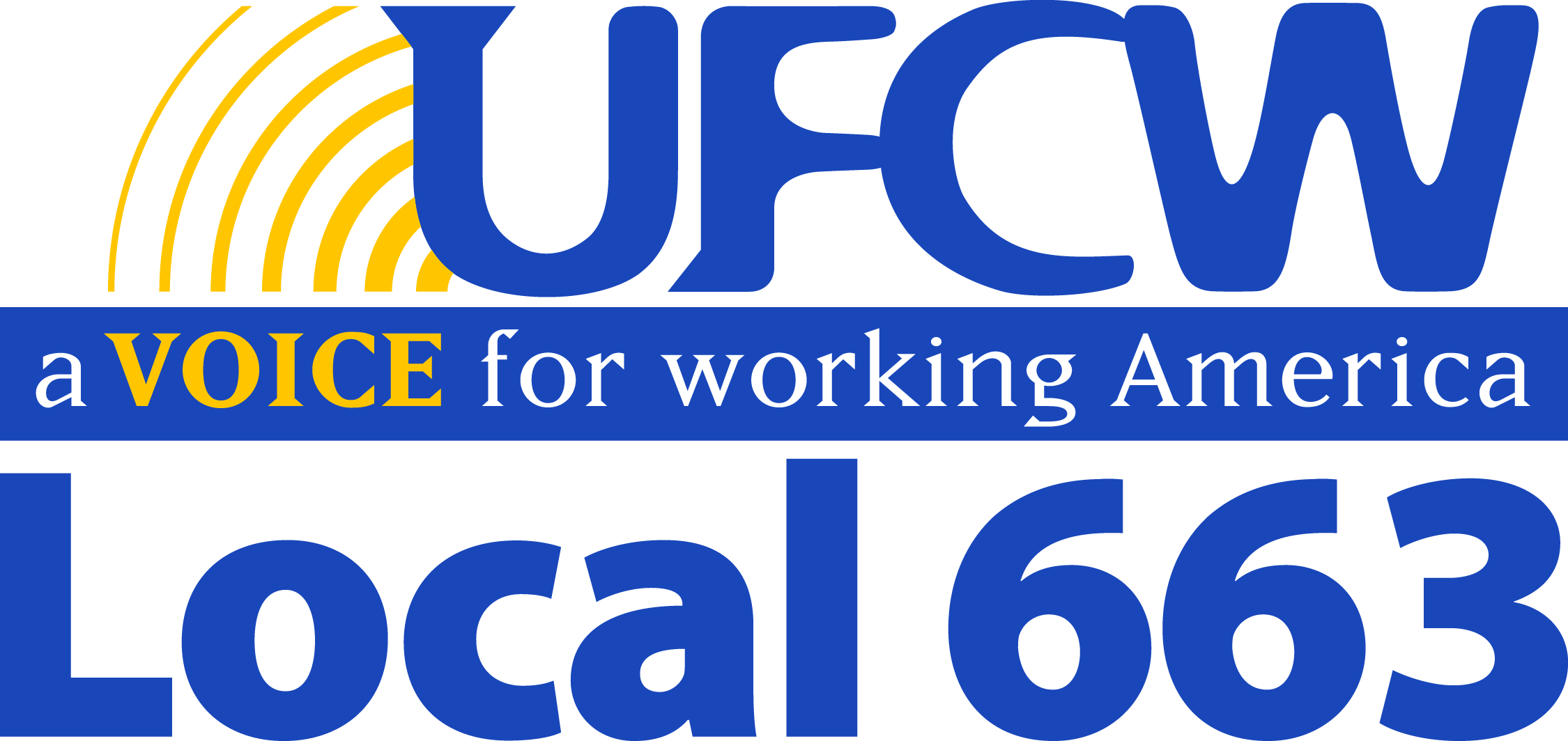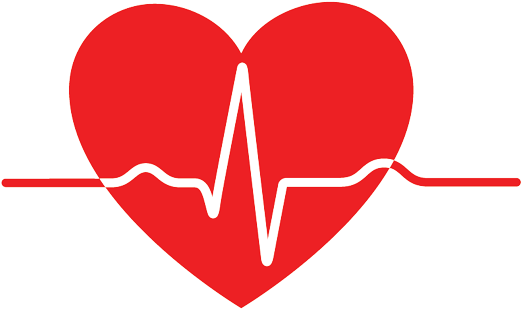Provided by Wilson-McShane Corporation
Atrial Fibrillation (AFib) is a condition where the heart muscles fail to contract in a strong, rhythmic way. Many individuals are unaware of the seriousness of this condition. Symptoms of AFib can vary from person to person with some showing no signs at all. However, most people show one or more of the following symptoms:
• General fatigue
• Rapid and irregular heartbeat
• Fluttering or “thumping” in the chest
• Dizziness
• Shortness of breath and anxiety
• Weakness
• Faintness or confusion
• Fatigue when exercising
• Sweating
• Chest pain or pressure
Chest pain or pressure is a medical emergency. You may be having a heart attack. Call 911 immediately.
Though symptoms are generally the same, the duration and underlying reasons of the condition help medical professionals determine the type of AFib for an individual.
• Paroxysmal Fibrillation: when the heart returns to a normal rhythm on its own or with intervention within 7 days of its start. Those who experience this type of AFib may only have episodes a few times a year or their symptoms can occur every day. With these symptoms being very unpredictable they can often turn into a permanent form of AFib.
• Persistent AFib: An Irregular rhythm that lasts for longer than 7 days. Those who experience this will not return to a normal sinus rhythm on their own and will require treatment.
• Long-Standing AFib: when the heart has a consistently irregular rhythm that lasts longer than 12 months.
• Permanent AFib: Occurs when the condition lasts indefinitely and the medical professional and individual choose not to continue to attempt to restore a normal rhythm.
• Nonvalvular AFib: When AFib is not caused by a heart valve issue.
In cases where a clot breaks off and enters the bloodstream it can lodge itself in an artery leading to the brain resulting in a stroke. Those who have AFib are 5 times more likely to have a stroke and about 15 to 20 percent of people who have strokes have AFib.
Treatment plans and prevention goals will be determined after a proper diagnosis and examination from a medical professional. The plan that is chosen is dependent on many factors including if you have any other problems with your heart or if you are on any medications.
To ensure you receive all pertinent information, please update your address with the Fund Office, Wilson-McShane Corporation, when you move. To update your information, you may access the Change of Personal Information Form from the website, www.663benefits.com. You may also call (952) 851-5797 or toll free (844) 468-5917 to request a Change of Information Form.

